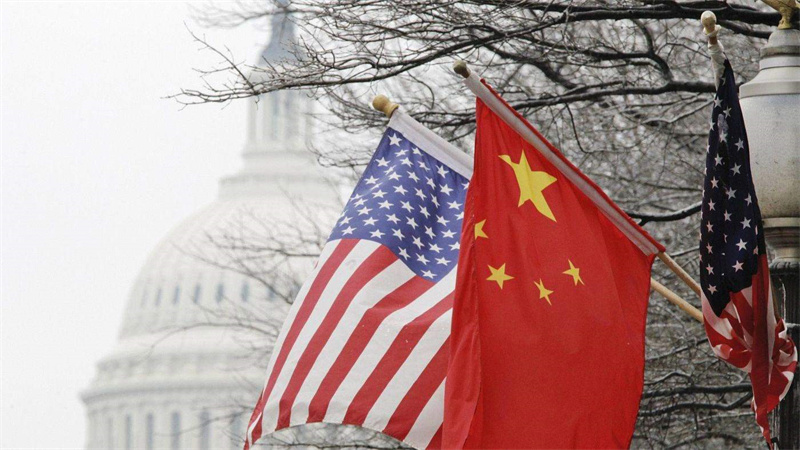On January 3, 2025, the U.S. Department of Commerce's Bureau of Industry and Security (BIS) announced the expansion of its Entity List, adding 13 entities from China, Myanmar, and Pakistan. Eleven Chinese entities were included in this new round of sanctions, effective January 6.
The Chinese entities added to the U.S. Entity List include:
1. Chengdu RML Technology Co., Ltd.
2. Chengdu Yaguang Electronics Co., Ltd.
3. Chinese Academy of Sciences Changchun Institute of Optics, Fine Mechanics, and Physics
4. Hefei Starwave Communication Technology Co., Ltd.
5. Ji Hua Laboratory
6. Nanjing Simite Optical Instruments Co., Ltd.
7. Peng Cheng Laboratory
8. Shanghai Institute of Optics and Fine Mechanics
9. Suzhou Ultranano Precision Optoelectronics Technology Co., Ltd.
10. Wuhu Kewei Zhaofu Electronics Co., Ltd.
11. Yaguang Technology Group Co., Ltd.
These firms are accused of acquiring or attempting to acquire U.S. goods and technology to support China's military and aerospace sectors, including activities that might contribute to the development of hypersonic weapons and other advanced technologies. As a result, U.S. exports to these entities will require a license from the U.S. government, which will likely be denied under a "presumption of denial" policy.
U.S. Eyes Drone Ban from China and Russia
Alongside these sanctions, the U.S. is also moving forward with plans to limit or even ban Chinese and Russian drones from entering U.S. markets. On January 2, the U.S. Department of Commerce opened a public consultation period to discuss potential regulations aimed at restricting the use of commercial drones manufactured by China and Russia. These countries' drones are seen as potential national security threats, with the U.S. government expressing concerns that they could allow adversaries to access sensitive data or compromise national security.

Commerce Secretary Gina Raimondo highlighted the need for new rules to protect U.S. interests, stressing that ensuring the security of drone technology supply chains is crucial for safeguarding national security. The U.S. government is particularly focused on drones manufactured by Chinese companies like DJI, the world's largest civilian drone producer. DJI drones dominate the global market, controlling more than 70% of the civilian drone space, with a significant share in the U.S. market. In fact, over 90% of U.S. government drone operations use DJI models, according to reports from Bard College in 2020.

Despite previous restrictions, such as placing DJI on a list of companies with ties to the Chinese military, U.S. government agencies continue to use Chinese-made drones. For instance, drones from DJI are widely used in U.S. law enforcement, agriculture, and surveying, with U.S. farmers increasing their reliance on drones for crop management.
China's Response
In response to these developments, Chinese authorities have reiterated their opposition to U.S. actions that are seen as politicizing national security concerns and undermining normal trade relations. Chinese Foreign Ministry spokesperson Mao Ning expressed strong objections to the U.S.'s actions, calling them an interference in normal economic exchanges and an attempt to disrupt global supply chains. China warned it would take "necessary measures" to defend its legitimate rights and interests.
As the U.S. continues to scrutinize Chinese tech and drones, the potential for a full-scale ban on Chinese drones in the U.S. market looms large, with significant implications for both businesses and consumers on both sides.
+86 191 9627 2716
+86 181 7379 0595
8:30 a.m. to 5:30 p.m., Monday to Friday
